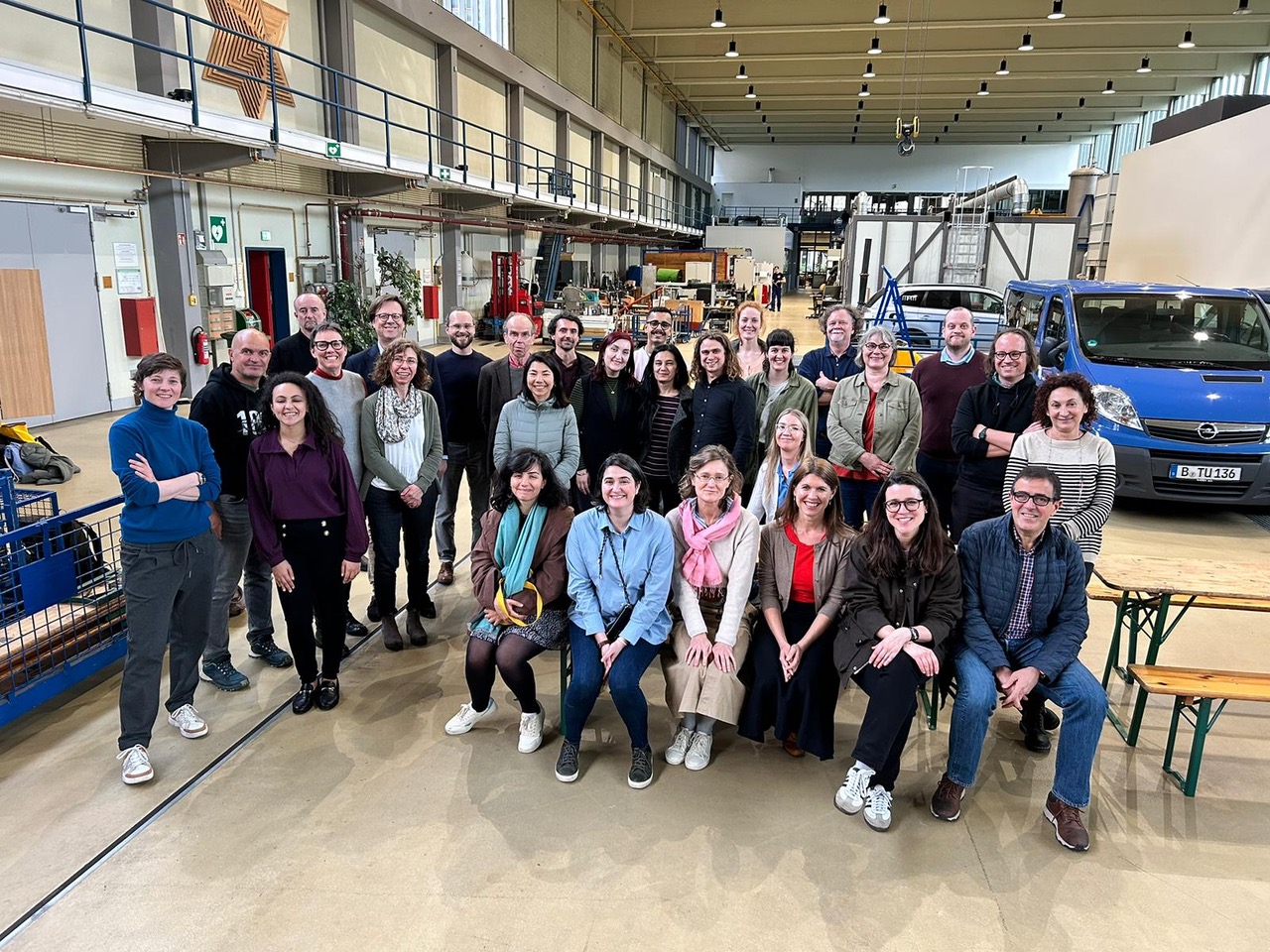Democracy in Engineering Education The underlying question "Crocodile or Octopus?" was not properly answered during…

Catherine Deegan (School of Electrical and Electronic Engineering, TU Dublin, Ireland) https://twitter.com/cath_deegan
In Ireland, engineering programmes are accredited every 5 years. Engineers Ireland developed a set of criteria, ranging from specific programme skills and knowledge to the more general, transversal skills expected of a professional engineer such as ethics, working in groups and business contexts. This process also incorporates feedback from students, alumni and industry stakeholders that is directly related to the criteria, as well as close consideration of documentary evidence of student attainment (expressed as Programme Outcomes) that has been assembled by the programme staff. Hence, until recently, accreditation has been a process that involved an analysis stage by the programme team, followed by an evaluation stage by an external panel that is completed at a face to face event.
The recent national lockdowns and associated restrictions meant that accreditation processes had to move online. TU Dublin has a large College of Engineering and Built Environment, with numerous accredited engineering programmes. Starting with several programmes in the School of Electrical and Electronic Engineering, online accreditations have been progressing since 2020.
Advantages of the Online Process
Ethics is the most challenging programme outcome to provide evidence for its attainment. The move to an online accreditation process proved useful, as it allowed us to group all courses that include an ethical component in one directory. From the outset, using an online file sharing system for all internal analysis work facilitates a smooth transition to the external evaluation of the material evidence that is provided to the panel for consideration. In addition, the organisation and layout of the evidence, what was usually a very challenging task, is streamlined for both the academic staff presenting and the external panel tasked with evaluation. In addition, the matter of data protection is straightforward to implement and monitor as access to student data may be centrally managed. A key advantage of this approach was the oversight that, from the analysis stage, the online process gives programme managers of the structure and coverage of the individual module elements to the programme. Evaluators then could easily see where ethics occurs in the programme, and spend the time analysing the evidence rather than searching for the evidence, as it often happens during the on-site evaluation.

General Observations
The main observations on the online process are that it is best to consider this as a completely new process, rather than attempt an online one-to-one copy of an in-person process. We found that the move to the remote approach, as in so many aspects of our work, necessitated a very structured and organised approach to the elements that made up the accreditation, in addition to clear communication and fundamental IT and remote working skills. One key limitation was that the online process does not facilitate site visits and facility evaluation. However, the benefits of the extra effort in the analysis, organisation and presentation/evaluation of documentary evidence are an element that are recommended to be maintained in the future.

